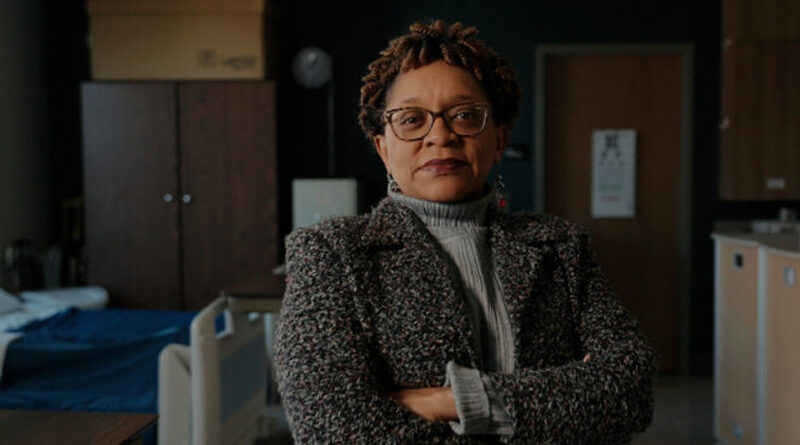Queens University Of Charlotte’s Beacon At The Heart Of Nursing
In the bustling corridors of Queens University’s Presbyterian School of Nursing, JoAndrea Costner, Ed.D., MSN, RN, CNE, stands as a beacon for the next wave of nurses, embodying the roles of educator, clinician, and mentor with a singular dedication. Her journey, rooted in a deep-seated passion for patient care and the nurturing of future healthcare professionals, charts a course through the evolving landscape of nursing education against the backdrop of a diversifying America.
A native of Charlotte, Dr. Costner’s academic and professional paths have come full circle. With both her undergraduate and graduate degrees in nursing from UNC Charlotte, she initially honed her clinical skills in the medical, surgical, and detox units of a local hospital. Yet, it was a restless quest for greater impact that led her to Queens University’s Presbyterian School of Nursing in 2015, embarking on a career that would blend her clinical expertise with her aspirations to educate and inspire.
Reflecting on the beginnings of her tenure at Queens, Dr. Costner recalls the initial challenges and opportunities: “While I didn’t share the same ethnic background as some of my colleagues, I did see diversity in my nursing students. I took advantage of this opportunity to connect with all my students, regardless of their race or ethnicity.” This inclusive approach not only enriched her interactions but also underscored the essential role of diversity in the educational experience.
Her commitment and leadership were further recognized in August 2020 when she was named chair of the Bachelor of Science in Nursing program, soon adding the responsibilities of clinical education coordinator. “The trust bestowed upon me by leadership to represent my colleagues was humbling,” Dr. Costner notes, acknowledging the supportive and evolving culture at Queens University.
Under her stewardship, the Presbyterian School of Nursing has mirrored the demographic shifts of Charlotte itself, embracing a diversity that Dr. Costner believes is crucial for preparing nursing graduates for a globalized world. This evolution enhances the educational fabric, fostering a learning environment that is as inclusive as it is rigorous.
Dr. Costner’s approach to nursing education extends beyond the classroom, emphasizing the impact of social determinants on health. She steers her students toward community health projects that address healthcare disparities head-on — whether through partnerships with clinics serving underserved populations or engagements with public schools across various socioeconomic strata. These experiences not only illuminate the challenges faced by many communities but also underscore the profound difference that nurses can make.
Amid a broader dialogue on representation in healthcare, Dr. Costner is a proponent of increasing diversity among medical professionals. She argues that shared identity between patients and providers can bridge gaps in trust and communication, potentially improving health outcomes for communities of color. This perspective is particularly poignant as the medical profession seeks to reconcile with its complex legacy in marginalized communities.
In reflecting on the theme “African Americans and the Arts,” Dr. Costner highlights the transformative power of art as a vehicle for self-care and expression within the Black community. She finds solace and strength in the works of artists like Yolanda Adams, Tyler Perry, and Maya Angelou, whose contributions offer a respite from the challenges of daily life and a means to connect with her heritage.
For those contemplating a career in nursing, Dr. Costner offers sage advice, emphasizing the profound personal and professional growth that comes from serving others. “Helping people is noble, but nursing offers something deeper,” she says. “It’s the privilege of guiding individuals through vulnerable moments, fostering healing, and witnessing their strength and resilience firsthand.”
In the end, Dr. Costner’s narrative is one of passion, dedication, and an unwavering commitment to the future of nursing — a testament to the power of education, diversity, and the art of caring.

